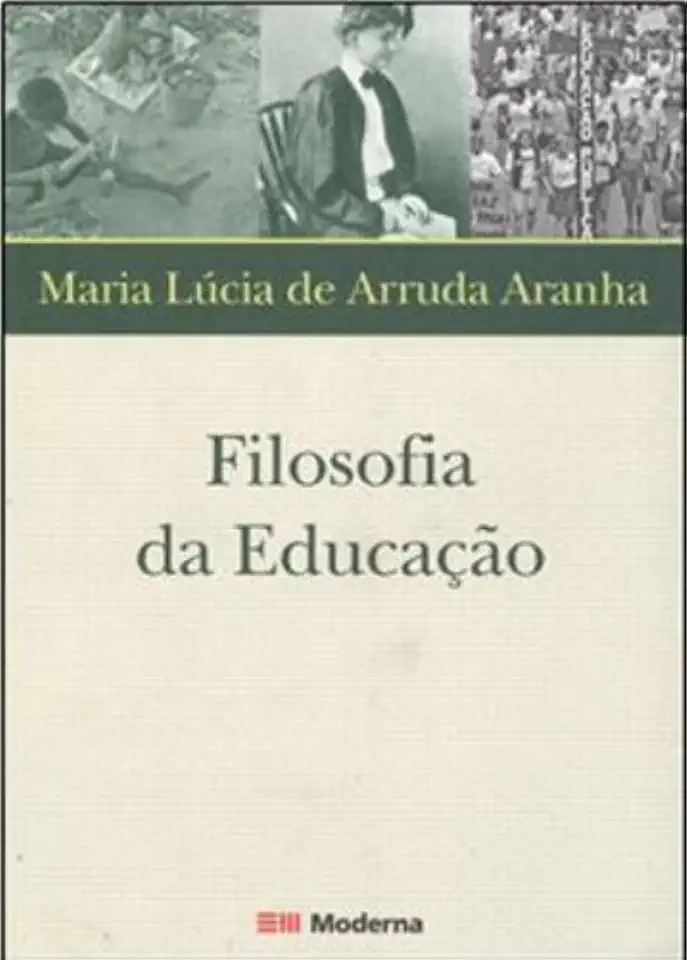
Philosophy of Education - Maria Lúcia Arruda Aranha
Philosophy of Education by Maria Lúcia Arruda Aranha
A Comprehensive Exploration of Educational Theories and Practices
Philosophy of Education by Maria Lúcia Arruda Aranha is a comprehensive and thought-provoking exploration of the philosophical foundations of education. Drawing on a wide range of philosophical traditions, Aranha provides a critical analysis of the aims, methods, and values of education, offering a unique perspective on the complex relationship between education and society.
Key Features:
- In-depth analysis: Aranha delves deeply into the philosophical underpinnings of education, examining the major theories and debates that have shaped educational thought throughout history.
- Critical approach: Aranha critically evaluates different educational theories and practices, challenging conventional assumptions and encouraging readers to think critically about the purpose and nature of education.
- Broad scope: The book covers a wide range of topics, including the aims of education, the nature of knowledge, the role of the teacher, and the relationship between education and social change.
- Engaging writing style: Aranha's writing is clear, concise, and engaging, making the book accessible to readers of all levels.
A Must-Read for Educators and Philosophers
Philosophy of Education is an essential resource for educators, philosophers, and anyone interested in the foundations of education. Aranha's insightful analysis and thought-provoking arguments provide a fresh perspective on the complex issues facing education today.
Chapter Summaries:
Chapter 1: The Aims of Education
- Explores the different aims of education, from the transmission of knowledge to the development of critical thinking skills.
- Discusses the role of education in promoting social justice and individual fulfillment.
Chapter 2: The Nature of Knowledge
- Examines the different theories of knowledge, from empiricism to rationalism.
- Explores the implications of these theories for educational practice.
Chapter 3: The Role of the Teacher
- Discusses the different roles of the teacher, from the transmitter of knowledge to the facilitator of learning.
- Explores the qualities and skills that make an effective teacher.
Chapter 4: The Relationship Between Education and Social Change
- Examines the role of education in promoting social change.
- Discusses the challenges and opportunities facing education in a rapidly changing world.
Conclusion:
Philosophy of Education by Maria Lúcia Arruda Aranha is a must-read for anyone interested in the foundations of education. Aranha's insightful analysis and thought-provoking arguments provide a fresh perspective on the complex issues facing education today. This book is a valuable resource for educators, philosophers, and anyone interested in the future of education.
Enjoyed the summary? Discover all the details and take your reading to the next level — [click here to view the book on Amazon!]